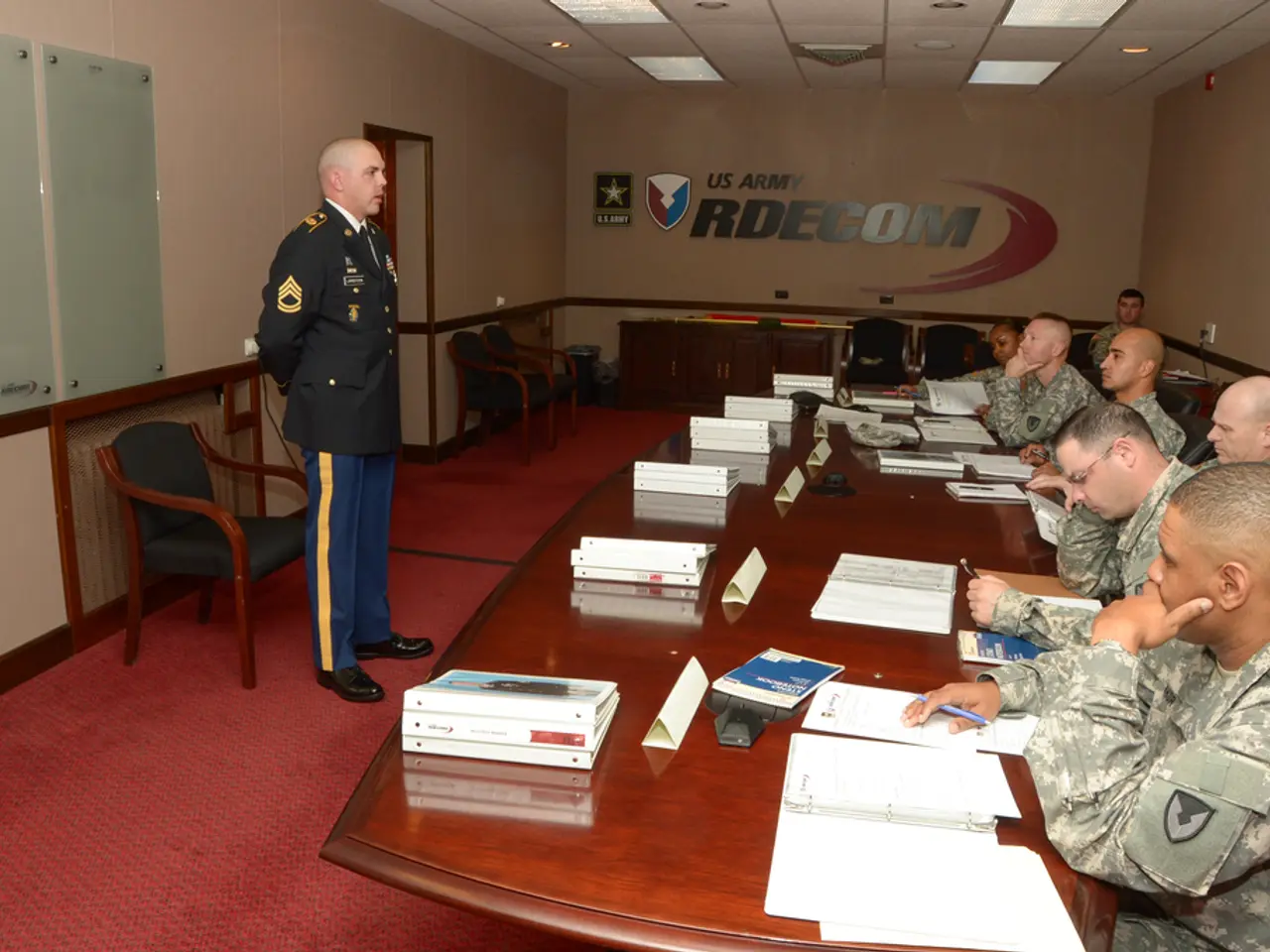Spat breaks out in Whitehall following the collapse of the Chinese espionage case
In a surprising turn of events, former parliamentary researcher Christopher Cash and former English teacher Christopher Berry, who were charged last year with providing prejudicial information to a foreign state, China, were acquitted by a judge after the prosecutor admitted there was no evidence against them.
The charges, brought under the Official Secrets Act, alleged that the two men had collected and passed on information that could be useful to an enemy. However, security experts have questioned whether the specific charge of passing information to an "enemy" was a sticking point in the case.
The Crown Prosecution Service (CPS) authorized the Metropolitan Police to charge the men with espionage offences in April last year. To initiate a private prosecution, a party must apply to a Magistrates' Court for the issuance of a summons or warrant, accompanied by a written summary of the alleged offence and supporting legislation. In this case, the magistrates' court where a private claimant could initiate a possible trial against Cash and Berry is the Old Bailey in London.
However, the likelihood of a private prosecution happening in this case is low, as 'double jeopardy' also applies to private prosecutions, subjecting them to the same rules and protections as public prosecutions. This means that once a person has been acquitted of a criminal charge, they cannot be tried again for the same offence.
The substantive offences in the National Security Act, which replaced the previous legislation in December 2023, came into force on 20th December 2023, making it impossible to prosecute conduct that took place before that date under the new Act. This has raised questions about the possibility of Cash and Berry being recharged under the National Security Act instead.
The move and the lack of clarity on why the CPS could not offer any evidence has caused outrage amongst MPs. Former security minister Tom Tugendhat and four other MPs wrote to Stephen Parkinson, the director of public prosecutions, asking for details on the decision to drop the case.
Tensions continue to flare over the dropping of the espionage case, and the Speaker of the House of Commons, Lindsay Hoyle, has expressed anger and has asked colleagues whether a private prosecution could be brought. However, the Prime Minister's official spokesperson said it does not change the government's approach to national security or to China.
Adam King, barrister at QEB Hollis Whiteman Chamber, explained that Acts of Parliament do not generally have retrospective effect, and the National Security Act 2023 is no exception. King also pointed out that the double jeopardy rule is not absolute, but it is very strict, and it is extremely difficult to prosecute someone again on the same set of facts.
The 1911 Act criminalized acts "useful to an enemy," but the UK government does not classify China as an enemy state. This raises questions about the basis for the charges against Cash and Berry. Despite the acquittal, the case has sparked a debate about national security, the role of the government, and the limits of prosecution in sensitive cases.
Read also:
- United States tariffs pose a threat to India, necessitating the recruitment of adept negotiators or strategists, similar to those who had influenced Trump's decisions.
- Weekly happenings in the German Federal Parliament (Bundestag)
- Southwest region's most popular posts, accompanied by an inquiry:
- Discussion between Putin and Trump in Alaska could potentially overshadow Ukraine's concerns







